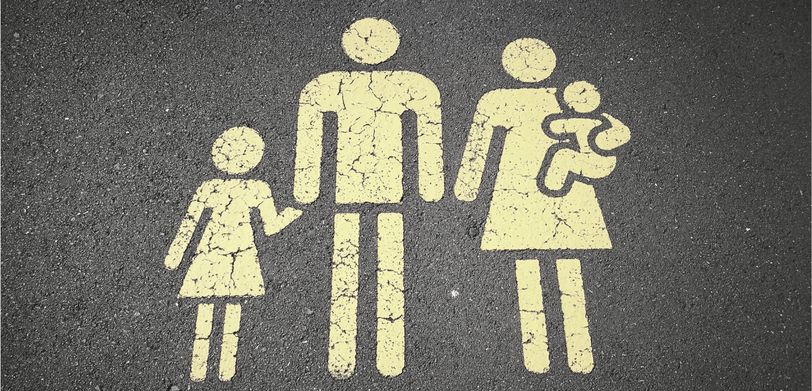Child custody and visitation rights in Italy
In Italy, child custody and visitation rights are regulated by the Civil Code, European Regulations, and several international regulations.
Italy is a party to:
- the Hague Convention of 25 October 1980 on the Civil Aspects of International Child Abduction and
- the Hague Convention of 19 October 1996 on Jurisdiction, Applicable Law, Recognition, Enforcement, and Co-operation in Respect of Parental Responsibility and Measures for the Protection of Children.
JURISDICTION
Jurisdiction (namely the official power to make legal decisions) in matters of parental responsibility lies with the Italian Courts when:
- the child is habitually resident in Italy at the time the Court is seised (general jurisdiction);
- the child's habitual residence can not be established, and jurisdiction can not be determined otherwise (residual jurisdiction) if the child is in Italy when the Court is seised (residual jurisdiction).
There are exceptions to the rule of general or residual jurisdiction in lawfully transferring the child, child abduction, and other cases [1].
APPLICABLE LAW
The country exercising jurisdiction does so under its law [2].
The applicable law in the matter of parental responsibility and rights of custody is, in fact:
- the law of the State where the child ordinarily resides or, in case this changes,
- the law of the State of the new habitual residence.
Exceptionally, in the child's best interest, the law of another State with which the situation is closely connected may be applied or taken into consideration.
Italian law
Italian law regulates the exercise of parental responsibility in case of separation, divorce, and any marriage dissolution, also granting juridical protections to children born out of wedlock.
Neither parent has a preferred right to custody of their children in Italy.
Each child is entitled to a personal relationship with both parents, even if they live in different countries.
If there is no custody order, either parent can keep the child with him or her.
If the case goes to Court, the custody decision must be made in the child's " best interest."
In Italy, joint custody is regularly awarded by Courts because Italian law requires:
- the respect for the principle of double parenthood;
- the children have frequent and continuing contact with both parents and share in the rights and responsibilities of raising the child;
The exception to that rule is when such an order is inconsistent with the child's best interest.
Joint custody in Italy

In Italy, joint legal custody means the parents must share the decision-making regarding their child's health, safety, education, and welfare.
In joint custody, both parents share the legal custody of their child: neither parent can make decisions that are important in a child's life without involving the other parent and obtaining his consent. These include decisions regarding the child's residence, health, education, extracurricular activities, and anything significant to the child.
If contrasts arise between parents, the decisions are demanded to the Court.
Physical custody can also be shared, but (mostly when a child is very young) it is prevalent that he/she lives primarily with one parent, usually the mother.
Usually, the parent with whom the child primarily lives has the physical custody of the child and the power to take care of some everyday practical issues. At the same time, the other will be granted visitation rights.
The parent with visitation rights can visit and spend time with the child on an agreed basis; if contrasts arise between parents, the decisions are demanded to the Court.
It is also possible that the child stays in the family house and parents alternate in living there with him/her.
In Italy, joint custody is regularly awarded by Courts.
Respect for the principle of double parenthood is the aim that Courts try to achieve.
Sole custody in Italy
In a minority of cases, the Court can rule one parent unfit or unable to have the parental responsibility over the child and grant sole custody to the other.
In sole custody, the parent has both physical and legal custody of the child, being responsible for all his needs, and having to make every decision on the child's behalf.
The non-custodial parent, who may have visitation rights (though Social Services could supervise these visits), is not exempt from paying child support.
[1] according to Council Regulation EC 2201/2003;
[2] Hague Convention of 19 October 1966, chapter III, art. 15.

